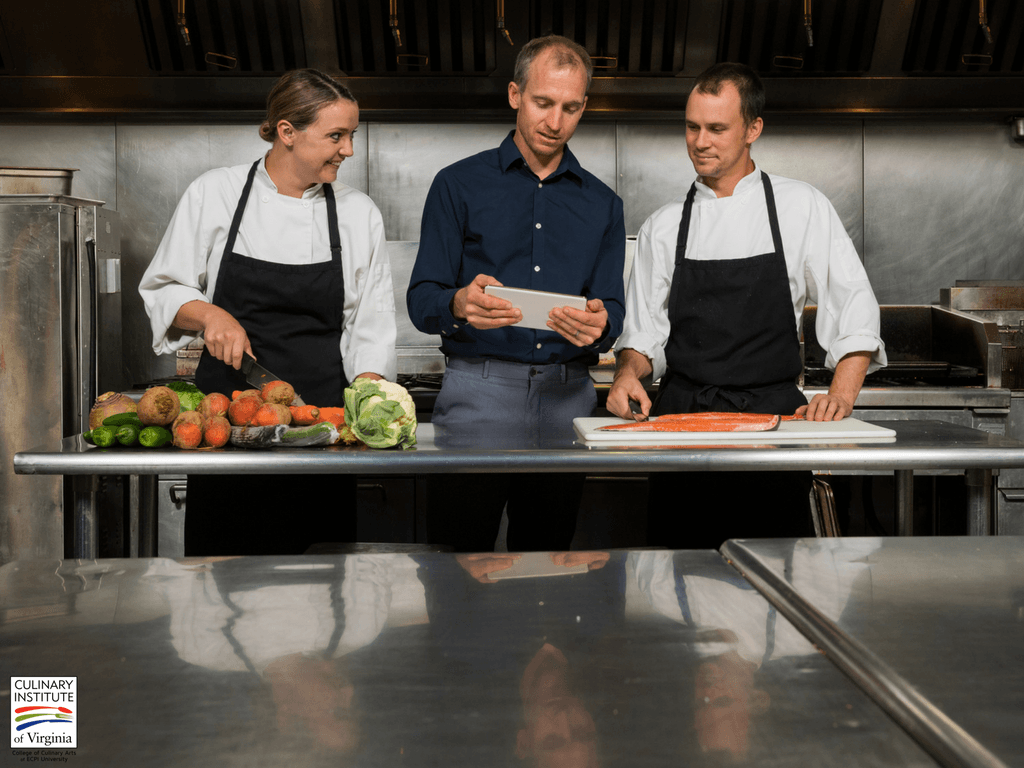The Benefits of Hands-on Learning in Cook Schools
Cooking is one of the most important life skills that students can learn. Not only does cooking provide a practical application of core concepts such as math and biology, it also offers numerous learning opportunities to help build life-long skills such as self-confidence, responsibility, problem solving, and teamwork. While some traditional classroom instruction is essential to learn the basics of cooking fundamentals, hands-on learning in cook schools helps to emphasize these skills and provides real-world application of these skills. Here, we discuss the key benefits of hands-on learning in cook schools and how they can help to shape the future generations of young chefs.Hands-On Practical Application
Cook schools typically focus on the “how-to” of cooking versus the “why” of cooking. This allows for students to get a well-rounded education in both the technical aspects of cooking and the more creative sides of the craft. Through hands-on learning, students can apply their knowledge in a real-world setting that utilizes specific ingredients, tools, and techniques. This will help them to gain a better understanding of the entire process of cooking and how to properly execute different tasks. This will not only result in a similar process of cooking being technically mastered, it will also help to teach the students how to think on their feet and adapt to different situations.
Leadership & Teamwork
Leadership and teamwork are two important characteristics of any successful kitchen, and through hands-on learning in cook schools, these traits can be developed and practiced in a safe environment. By working together to complete a dish with an end goal in mind, the students learn to work as a collective unit, identify the strengths and weaknesses of their peers, and understand the importance of communication and collaboration.
In addition, cook schools also provide a platform for students to practice their leadership abilities. This is often done by assigning a student or group of students with a specific task or goal, such as developing a new menu item, creating a marketing plan for the school's restaurant, or organizing a dinner party. By taking part in these types of activities, the students learn both how to take initiative and lead, as well as how to be flexible when required.
Problem Solving Skills
Cooking requires a certain level of problem solving and the ability to think on one’s feet, especially when faced with unexpected issues. The hands-on setting of cook schools gives students a safe place to practice their problem solving skills while still receiving guidance from their instructors. Students learn how to troubleshoot problems and make quick decisions in a variety of scenarios. For example, when following a set procedure for a dish and the recipe does not turn out as expected, the students must identify the issue and decide what steps need to be taken to correct it. Problem solving is a valuable skill to have, and through cook school, students learn how to handle such challenges with confidence and ease.
Time Management
Time management is a crucial part of the cooking process that students learn to master through hands-on learning. Whether it’s estimating the time needed to prepare a certain dish for a certain number of people, or delegating duties to a team of other students with limited time, the students learn to prioritize tasks, organize their thoughts and resources, and maintain efficiency.
Cook Schools Promote Self-Confidence
Not only do cook schools provide an opportunity for students to gain technical knowledge and skills, they also help to promote self-confidence and independence. This is due to the freedom than the hands-on setting provides; the students can experiment with their own ideas and take risks without fear of judgement from the instructors or peers. Learning how to create something from scratch and seeing the results of their hard work first hand gives students a sense of accomplishment that carries over into other areas of their lives.
Conclusion
Hands-on learning in cook schools enhances the traditional format of learning cooking fundamentals and provides an opportunity for students to develop soft skills such as problem solving, leadership, and time management. Through this type of learning, students gain a wealth of knowledge and practical experience that will benefit them both in the kitchen and beyond.












